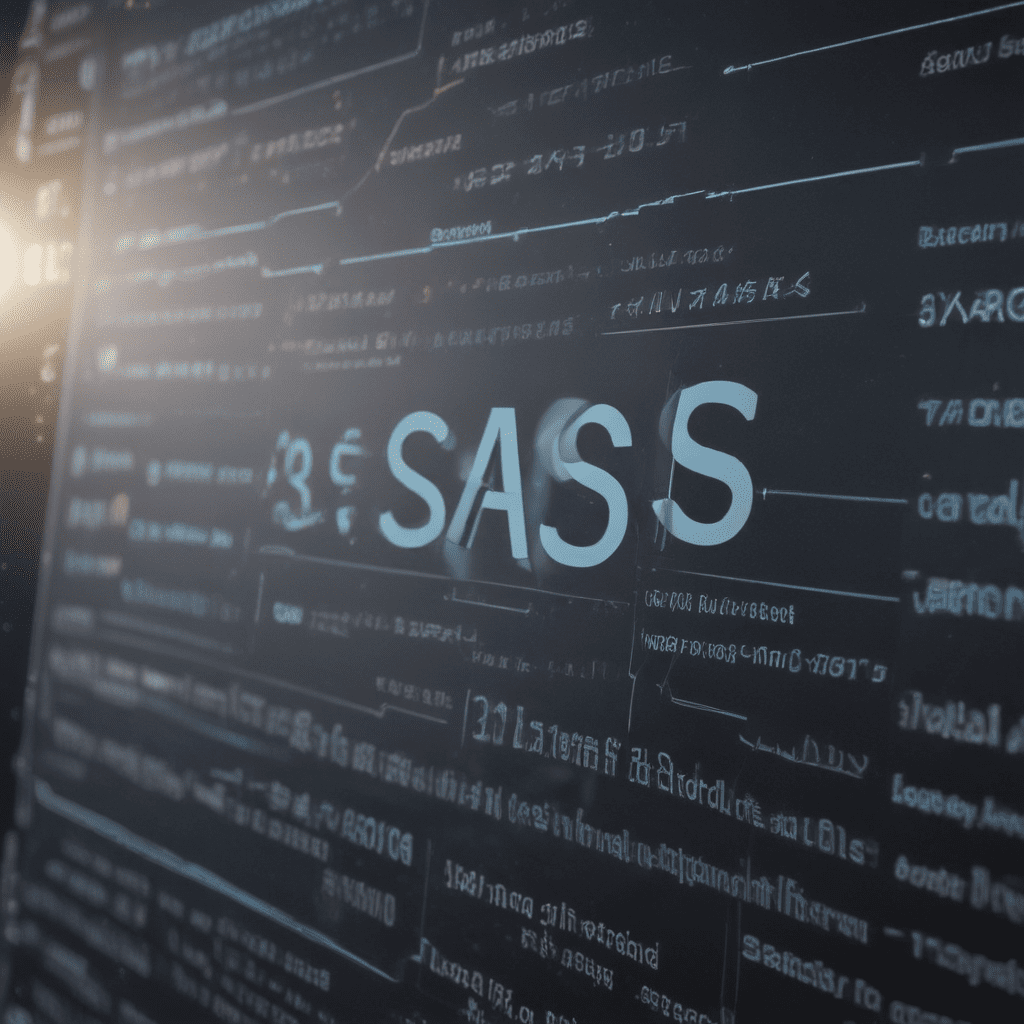Introduction
In today's digital landscape, businesses are increasingly turning to omnichannel marketing to connect with customers across various channels. Software-as-a-Service (SaaS) has emerged as a key enabler of omnichannel marketing, providing businesses with a cost-effective and scalable solution to manage their marketing efforts across multiple channels. By leveraging SaaS, businesses can streamline their marketing operations, improve customer engagement, and drive better results.
What is SaaS?
SaaS is a software delivery model in which software is licensed on a subscription basis and hosted by a third-party provider. Unlike traditional on-premises software, SaaS applications are accessible via the internet, eliminating the need for businesses to purchase and maintain their own hardware and software infrastructure. This makes SaaS a cost-effective and flexible alternative to traditional software solutions, particularly for small and medium-sized businesses.
Benefits of SaaS for Omnichannel Marketing
SaaS offers numerous benefits for omnichannel marketing, including:
Centralized data and analytics: SaaS platforms provide a centralized hub for managing customer data and analytics, enabling businesses to gain a holistic view of their customers across all channels. This allows businesses to better understand customer behavior, preferences, and touchpoints.
Automated workflows and campaigns: SaaS platforms offer automated workflows and campaigns, allowing businesses to streamline their marketing processes. This can save businesses time and resources, and ensure that marketing campaigns are executed efficiently and consistently across all channels.
Improved customer engagement: By providing a seamless experience across all channels, SaaS helps businesses improve customer engagement and satisfaction. This can lead to increased brand loyalty, customer retention, and ultimately, higher revenue.
Challenges of Implementing SaaS for Omnichannel Marketing
While SaaS offers many benefits, there are also some challenges to consider when implementing it for omnichannel marketing, including:
Data integration: Integrating data from multiple channels into a SaaS platform can be complex and time-consuming. Businesses need to ensure that their data is consistently structured and formatted to enable effective data analysis and reporting.
Vendor lock-in: SaaS providers typically offer proprietary software and data formats, which can make it difficult to switch vendors or integrate with other systems. This can limit businesses' flexibility and choice in the long run.
Security and compliance: SaaS providers are responsible for securing and maintaining the SaaS platform, but businesses remain responsible for protecting their own customer data. Businesses need to carefully evaluate the security and compliance measures of any SaaS provider before implementing it.
6. Best Practices for Implementing SaaS for Omnichannel Marketing
To ensure successful implementation of SaaS for omnichannel marketing, businesses should adopt the following best practices:
- Define clear goals and objectives: Before implementing SaaS, businesses should clearly define their goals and objectives for omnichannel marketing. This will help them select the right SaaS platform and tailor their implementation to meet their specific needs.
- Choose the right SaaS platform: There are numerous SaaS platforms available, each with its own unique features and capabilities. Businesses should carefully evaluate the different platforms to choose the one that best aligns with their requirements and budget.
- Implement data integration and analytics: Effective omnichannel marketing requires a comprehensive view of customer data. Businesses should ensure that their SaaS platform can integrate with their existing data sources and provide robust analytics capabilities.
- Train staff and ensure adoption: Successful SaaS implementation requires buy-in from staff. Businesses should provide comprehensive training to ensure that staff understands the platform and its benefits. They should also encourage ongoing adoption by providing support and resources.
7. Case Studies of Successful SaaS Implementations for Omnichannel Marketing
Numerous businesses have successfully implemented SaaS for omnichannel marketing. Here are a few case studies:
- Company A: A global retail company used a SaaS platform to centralize its customer data and automate its marketing campaigns. This resulted in a 15% increase in customer engagement and a 10% increase in sales.
- Company B: A healthcare provider implemented a SaaS platform to improve communication with patients and streamline its appointment scheduling. This led to a 20% reduction in patient wait times and a 15% increase in patient satisfaction.
- Company C: A technology company used a SaaS platform to launch a new loyalty program. This resulted in a 25% increase in customer retention and a 10% increase in revenue.
8. The Future of SaaS for Omnichannel Marketing
SaaS is rapidly becoming the preferred software delivery model for omnichannel marketing. As technology continues to evolve, we can expect to see even more advanced and innovative SaaS solutions emerging. These solutions will provide businesses with even more powerful tools to manage their marketing efforts effectively and efficiently.
9. Conclusion
SaaS is a transformative technology that is revolutionizing the way businesses approach omnichannel marketing. By leveraging SaaS, businesses can centralize their data, automate their campaigns, improve customer engagement, and drive better results. With the right implementation and ongoing optimization, SaaS can help businesses achieve their omnichannel marketing goals and gain a competitive advantage.
10. References
- Forrester Report: The State of Omnichannel Marketing
- McKinsey & Company Report: The Omnichannel Imperative
- Gartner Report: The Future of SaaS for Marketing
Frequently Asked Questions (FAQs)
Q: What is the difference between SaaS and on-premises software?
A: SaaS is a software delivery model in which software is licensed on a subscription basis and hosted by a third-party provider, while on-premises software is installed and maintained on the business's own hardware and infrastructure.
Q: What are the benefits of SaaS for omnichannel marketing?
A: SaaS offers numerous benefits for omnichannel marketing, including centralized data and analytics, automated workflows and campaigns, and improved customer engagement.
Q: What are the challenges of implementing SaaS for omnichannel marketing?
A: Some challenges include data integration, vendor lock-in, and security and compliance.
Q: How can businesses ensure successful implementation of SaaS for omnichannel marketing?
A: Best practices include defining clear goals and objectives, choosing the right SaaS platform, implementing data integration and analytics, and training staff and ensuring adoption.
Q: What is the future of SaaS for omnichannel marketing?
A: SaaS is rapidly becoming the preferred software delivery model for omnichannel marketing, and we can expect to see even more advanced and innovative SaaS solutions emerging in the future.


